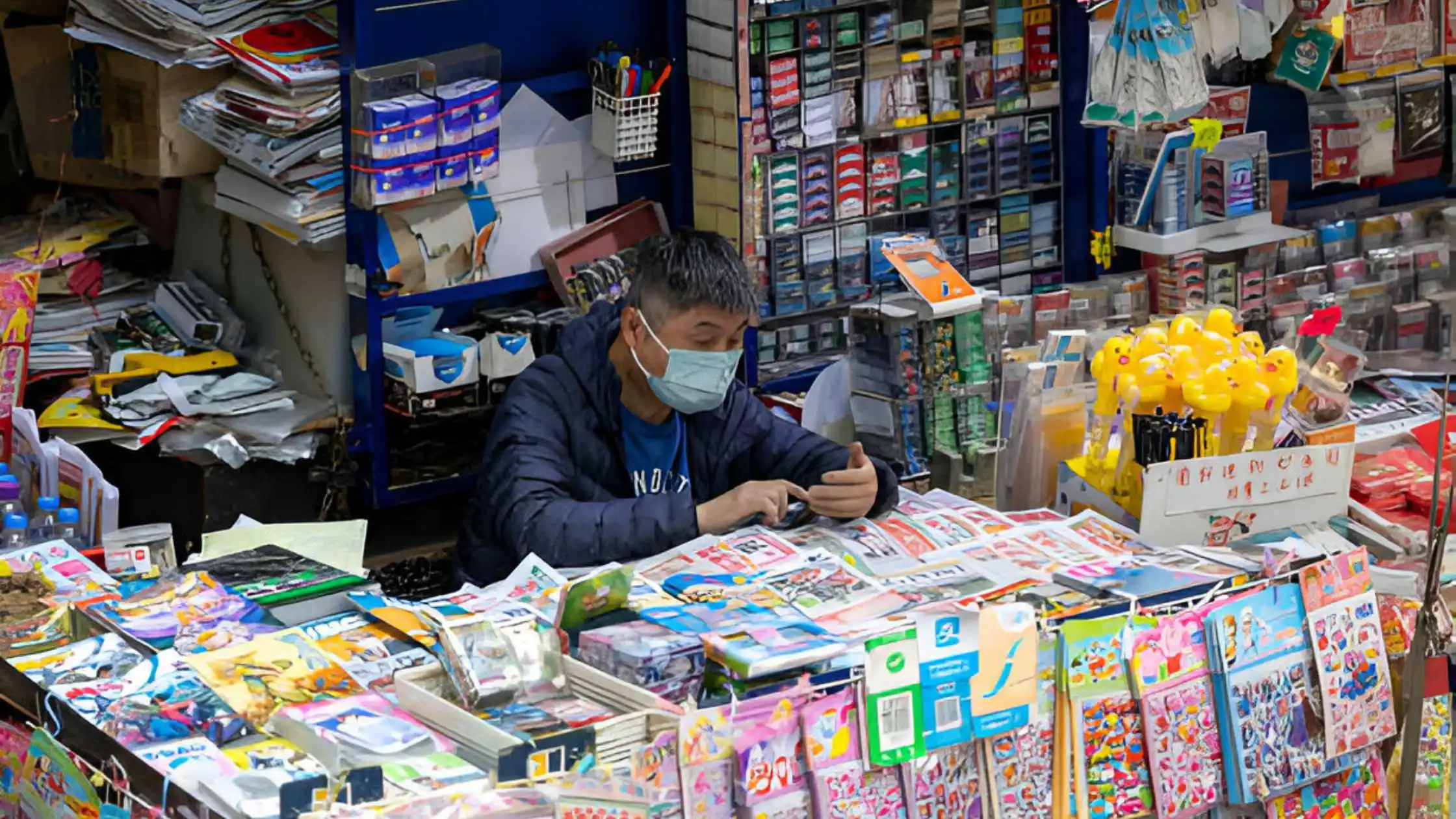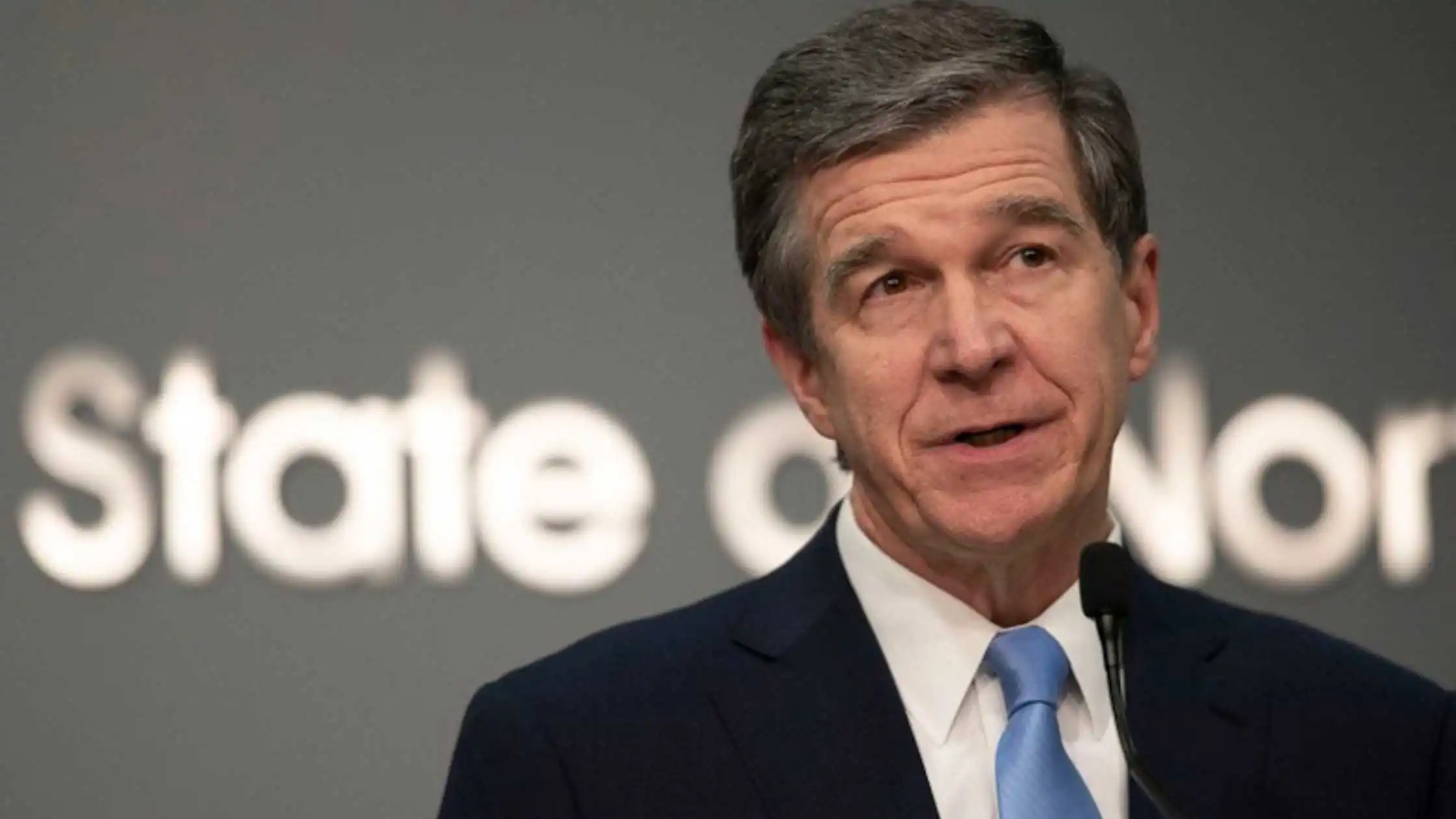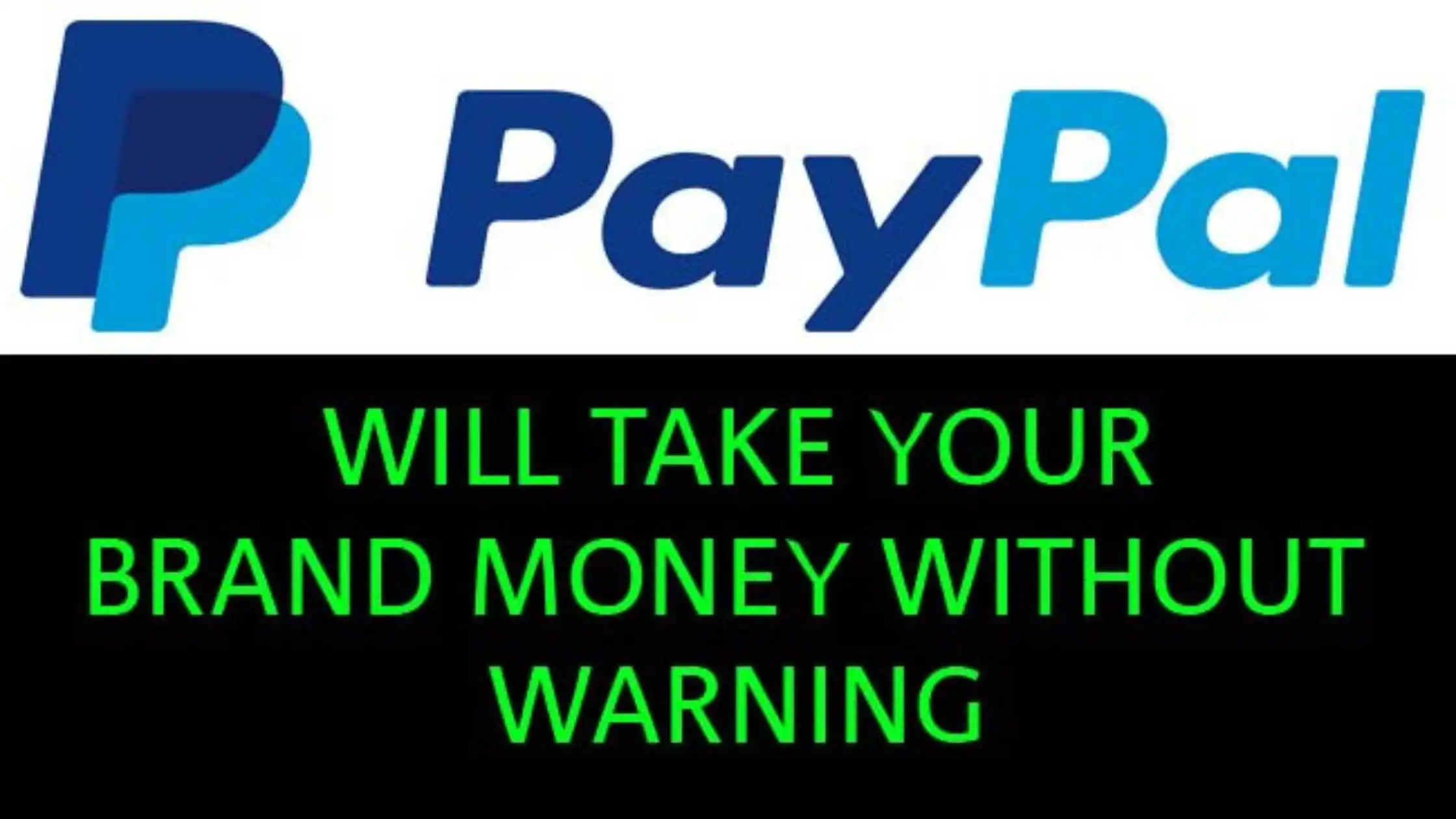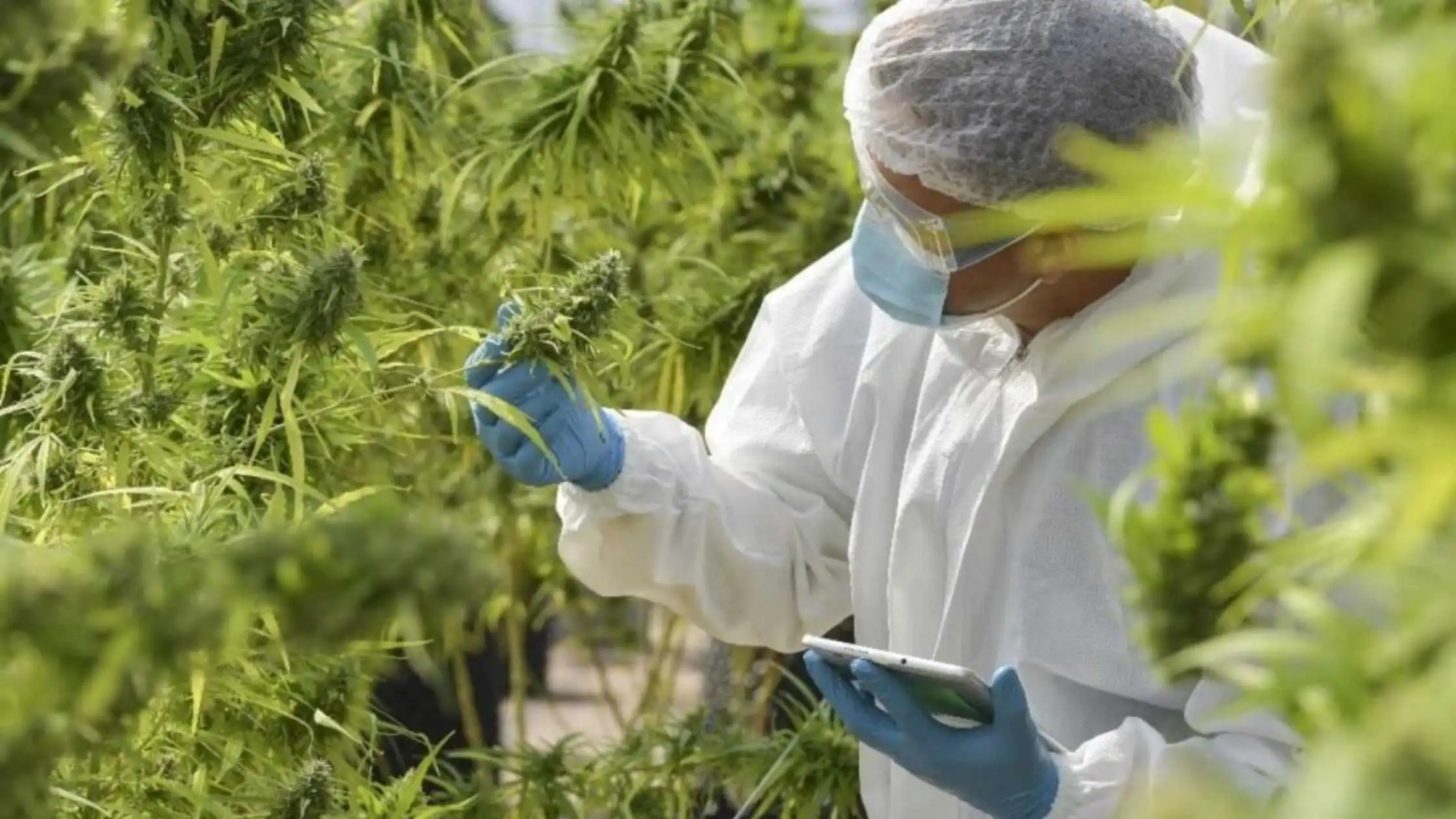The psychedelics industry is attracting more attention from less scrupulous operators who see the reward as worth the risk.
Any time a nascent industry experiences a growth surge, it will begin to attract more attention from less scrupulous business fringes looking to capitalize on the hype. The psychedelics industry is at this point now, with these players jumping on the buzz created by articles in esteemed publications such as the New York Times, The Wall Street Journal, Fortune, and The Economist.
These entities do not care if it’s illegal to sell the product. They thrive on risk. The black market from decades ago – for magic mushrooms and MDMA in particular—is still thriving with a familiar customer base using old-school distribution and purchasing methods.
Now, there is also a newer customer base ready and willing to buy it—people who need it to treat their mental health. The people selling and distributing the product see this as a big opportunity, even as they do their best to dodge the rules, reinterpret the laws, and pay the penalties.
It’s a very lucrative market; the risks are worth it.
With this new customer base looking for medical help, it’s also become a weirdly illicit-for-the-good-of-all market.
Consumer demand is picking up in part because Big Pharma is still, for the most part, sitting on the sidelines as the psychedelics industry builds momentum. Big Pharma may even be bailing on trying to find new drugs to treat mental health conditions, mostly because of the costly research into central nervous system pharmaceuticals—even though those drugs have traditionally represented their largest sources of revenue.
One study pointed out that Big Pharma’s drug discovery is at a near standstill for treating psychiatric disorders such as schizophrenia, bipolar disorder, depression, and common forms of autism.
“Despite the high prevalence and unmet medical need, major pharmaceutical companies are deemphasizing or exiting psychiatry, thus removing significant capacity from efforts to discover new medicines,” according to the study.
That leaves a growing gap to fill for both legitimate psychedelics providers and the unscrupulous players selling psychedelics who mostly do their business on the internet and can knowingly provide psychedelic formulations that may or may not be the real thing.
Some counterfeit drugs available on the internet have no active ingredient and may have any number of harmful ingredients, including bacteria-laced water, toxic yellow paint, floor wax, coloured dye, powdered cement, boric acid and antifreeze.
Today, you can buy LSD on the darknet with bitcoin, sent to an anonymous P.O. box. Until the middle of 2021, you could have bought liquid magic mushrooms sold by six guys who got caught operating in the darknet under the moniker Tripwithscience after making millions of dollars.
The sudden popularity of N, N-Dimethyltryptamine (DMT) from stories about heavyweight champion boxer Mike Tyson’s experience has created a surge of interest in obtaining this powerful psychedelic over the internet.
U.S. Customs and Border Protections seized more than 635 pounds of DMT in Memphis in March. (One dose is 40-100 milligrams.). One pound is equal to 453,592 milligrams.
Customs agents reported in a press release about the seizure that DMT, which was previously known to only certain societies in ritual shamanic practices, can now be found all over the internet in articles, blogs, message boards and even a Netflix documentary. Extraction methods can also be found online.
“Express consignment allows the delivery of DMT-containing bark to the front door of virtually anyone in the U.S. Couple that with some online extraction instructions and the recommendation of a popular podcaster, and you’ve got the ingredients for possible chemically induced schizophrenia,” Michael Neipert, Memphis Area Port Director, said.
When it comes to magic mushrooms, hundreds of businesses with websites are selling them. But beware:
- Some are just selling kits.
- Some are selling spores.
- Some use the word “magic” to get you to click in.
Finding the actual psilocybin mushroom for sale (illegally) on the internet takes a deeper dive.
But as more cities work on decriminalizing psilocybin policies—including Ann Arbor, Michigan; Denver; Oakland, California; and Seattle, with more states and municipalities on the way—more underground entrepreneurs are getting in the game, boldly selling it outright through pop-up markets and storefronts, such as the Coca Leaf Café mushroom dispensary in Vancouver, British Columbia, which also sells LSD tinctures and DMT vape cartridges.
According to an article in Bloomberg, industry insiders report the rise of community circles where psychedelics are administered by underground healers, as well as pop-up farmers markets and “seshes,” covert events where attendees pay an entry fee and can purchase magic mushrooms directly from growers.
“There is a lot of clandestine investment in currently underground or gray-market areas,” says Ismail Ali, director of policy and advocacy at the Multidisciplinary Association for Psychedelic Studies. “Decriminalization provides a level of protection for behaviours that are already occurring.”
Disclaimer: https://www.greenmarketreport.com/illicit-psychedelics-market-getting-bigger-and-bolder/
Posted by: Times Of Hemp, TOH, #TOH, #TimesOfHemp, https://www.timesofhemp.com





